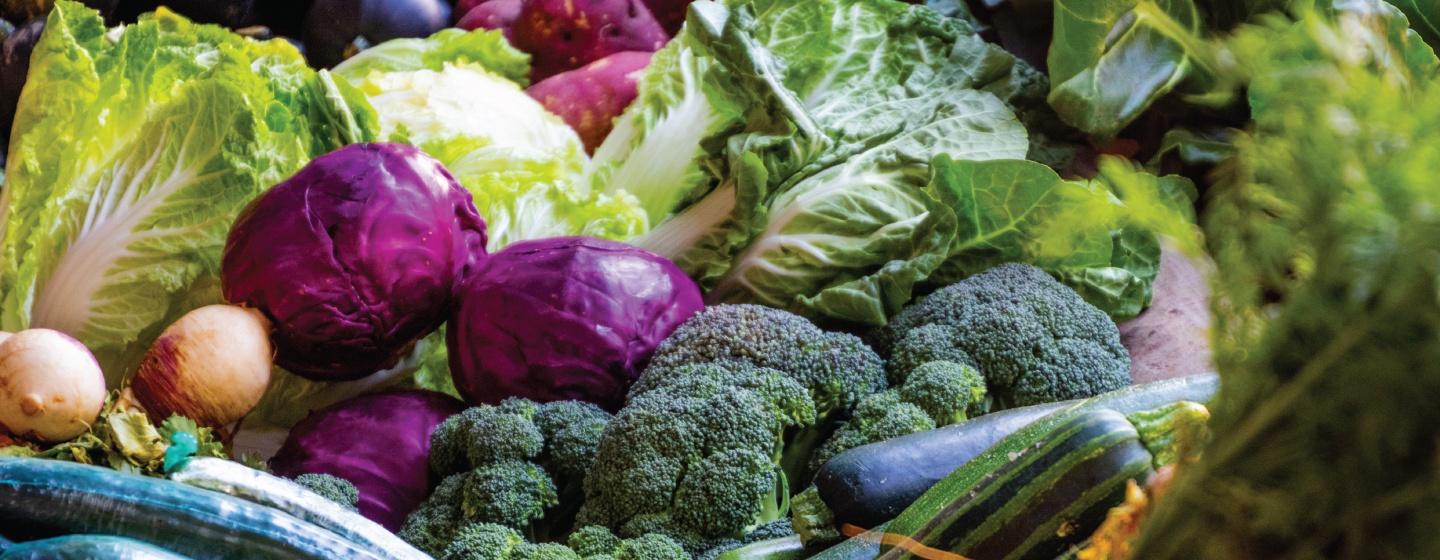The Regional Food Bank of Northeastern New York saw an increase in food distribution of 40% in the first few weeks of the economic shutdown in response to COVID-19. It has had to increase distribution to areas where food pantries are closing, fulfilling special requests in areas where unemployment has risen the most in the past few weeks and it has partnered with emergency response organizations to distribute food to quarantined and high risk individuals including seniors.
The Food Bank has also increased distribution of food to school partners that operate a BackPack Program. “Feeding America” began the BackPack Program more than fifteen years ago, which provides children with bags of healthy food at the end of the week, who may not get healthy food when they’re out of school for the weekend, if they eat at all; 235 out of 250 BackPack Programs are still operating during the closures. The Food Bank has also launched a program called “Community Table,” which packs food for restaurants and other hospitality businesses to then repack and portion out to laid off workers.
The Food Bank has received an outpouring of support from the community and Bethany Stiles, Director of Marketing and Communications, says everyone is very grateful. But the increased distribution due to the virus outbreak, coupled with the ordinary distribution load, is outpacing the support. They still need donations and healthy volunteers to help. You can donate or volunteer using the following links: www.regionalfoodbank.net and www.regionalfoodbank.net/volunteer.
Governor Andrew Cuomo recently announced that an additional $200,000,000 will be infused into New York’s Supplemental Nutrition Assistance Program (SNAP). The increased benefits will be distributed to all qualifying SNAP households by April 24th.
The other side of food security worsened by coronavirus is the stability of American farms. On Monday 13th, New York Senator Kirsten Gillibrand announced the Relief for America’s Small Farmers Act, which will provide one-time debt forgiveness up to $250,000 to small farmers. She crafted the bill because of shortcomings in the Coronavirus Aid, Relief and Economic Security (CARES) Act.
“New York farmers are struggling and the coronavirus outbreak has pushed many into insurmountable debt,” Gillibrand says. “The CARES Act does not go far enough to sustain small farms through this difficult time; they need urgent and direct loan forgiveness so they can continue maintaining operations, paying their workers, and keeping food on Americans’ tables.” Her proposal has earned bi-partisan support, including Assemblyman Dan Stec, a Republican representing the 114th District in northern New York.
Gillibrand has heard feedback from farmers all across New York they have had to dump excess milk supplies and that they have fewer outlets for their specialty crops. According to the U.S. Department of Agriculture, 39,000 farms hold the less than $250,000 of debt with the USDA that would qualify them for forgiveness under Gillibrand’s bill. “We must work together to beat this pandemic,” Senator Gillibrand said, “and we can’t leave our farmers behind.”




